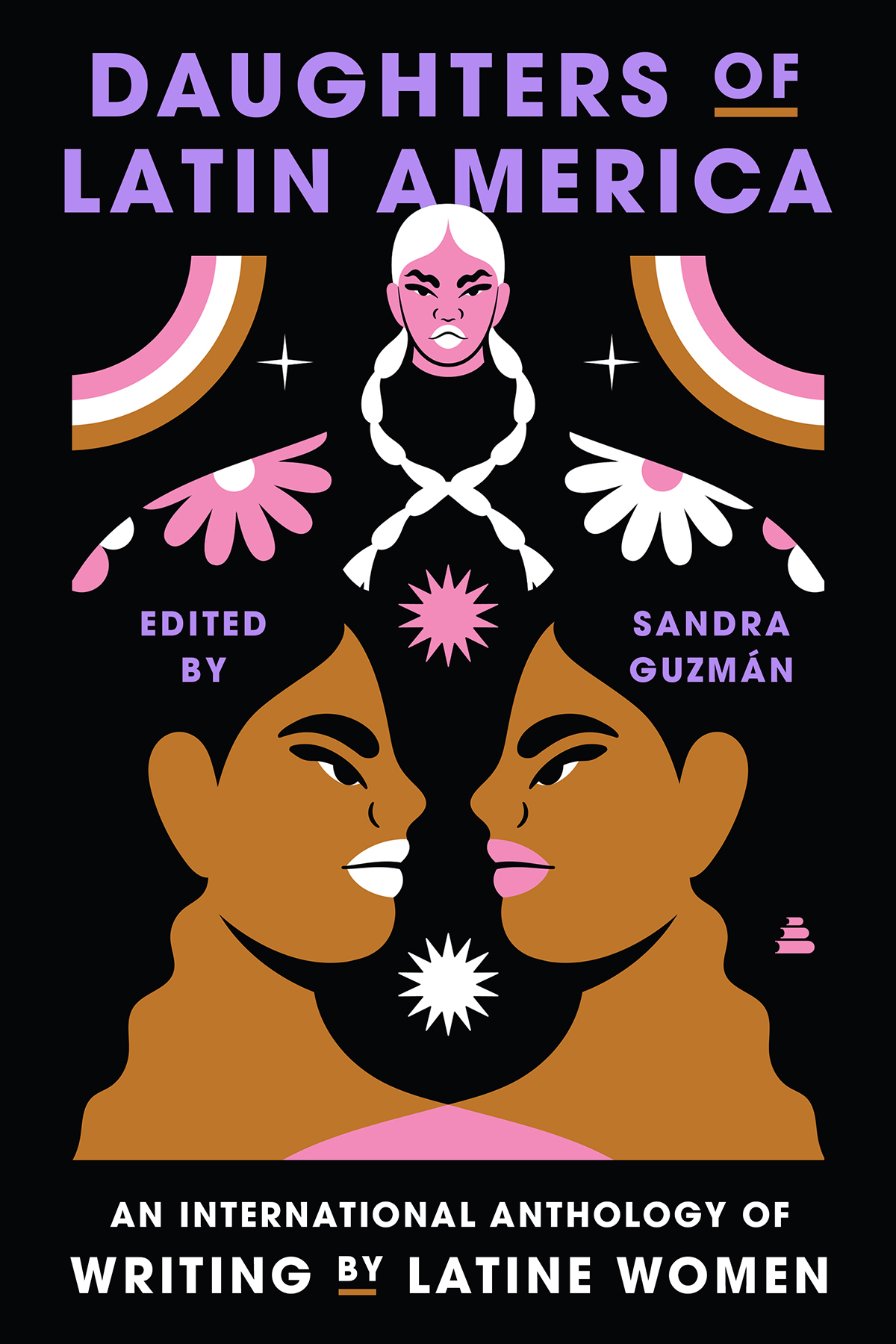

Most ebook files are in PDF format, so you can easily read them using various software such as Foxit Reader or directly on the Google Chrome browser.
Some ebook files are released by publishers in other formats such as .awz, .mobi, .epub, .fb2, etc. You may need to install specific software to read these formats on mobile/PC, such as Calibre.
Please read the tutorial at this link: https://ebookbell.com/faq
We offer FREE conversion to the popular formats you request; however, this may take some time. Therefore, right after payment, please email us, and we will try to provide the service as quickly as possible.
For some exceptional file formats or broken links (if any), please refrain from opening any disputes. Instead, email us first, and we will try to assist within a maximum of 6 hours.
EbookBell Team

4.1
60 reviewsSpanning time, styles, and traditions, a dazzling collection of essential works from 140 Latine writers, scholars, and activists from across the world—from warrior poet Audre Lorde to novelist Edwidge Danticat and performer and author Elizabeth Acevedo and artist/poet Cecilia Vicuña—gathered in one magnificent volume.
Daughters of Latin America collects the intergenerational voices of Latine women across time and space, capturing the power, strength, and creativity of these visionary writers, leaders, scholars, and activists—including 24 Indigenous voices. Several authors featured are translated into English for the first time. Grammy, National Book Award, Cervantes, and Pulitzer Prize winners as well as a Nobel Laureate and the next generation of literary voices are among the stars of this essential collection, women whose work inspires and transforms us.
An eclectic and inclusive time capsule spanning centuries, genres, and geographical and linguistic diversity, Daughters of Latin America is divided into 13 parts representing the 13 Mayan Moons, each cycle honoring a different theme. Within its pages are poems from U.S. Poet Laureate Ada Limón and celebrated Cervantes Prize–winner Dulce María Loynaz; lyric essays from New York Times bestselling author Naima Coster, Pulitzer prize-winning playwright Quiara Alegría Hudes, and Guggenheim Fellow Maryse Condé; rousing speeches from U.S. Representative Alexandra Ocasio-Cortez, and Lencan Indigenous land and water protector Berta Caceres; and a transcendent Mazatec chant from shaman and poet María Sabina testifying to the power of language as a cure, which opens the book.